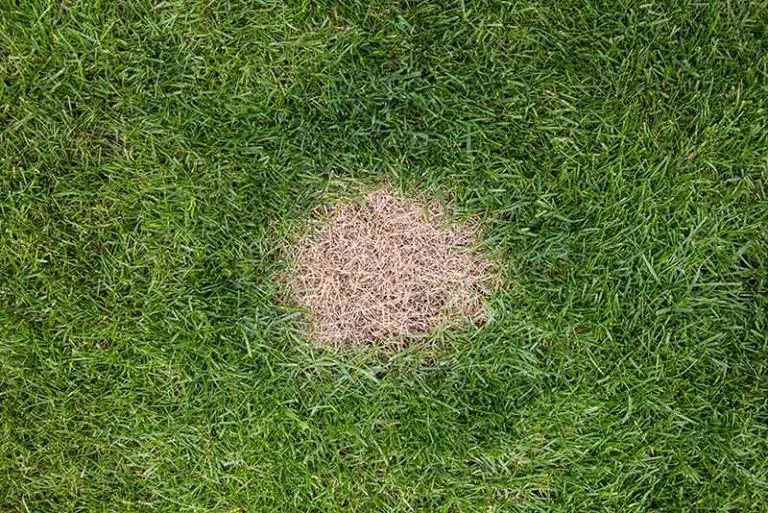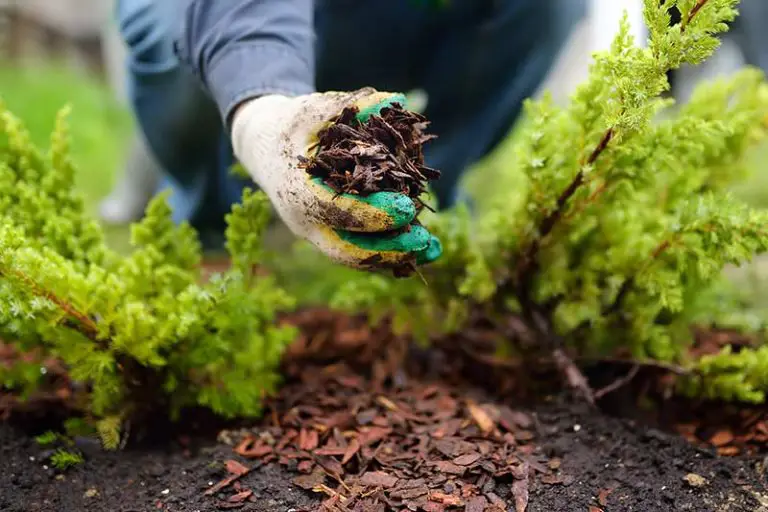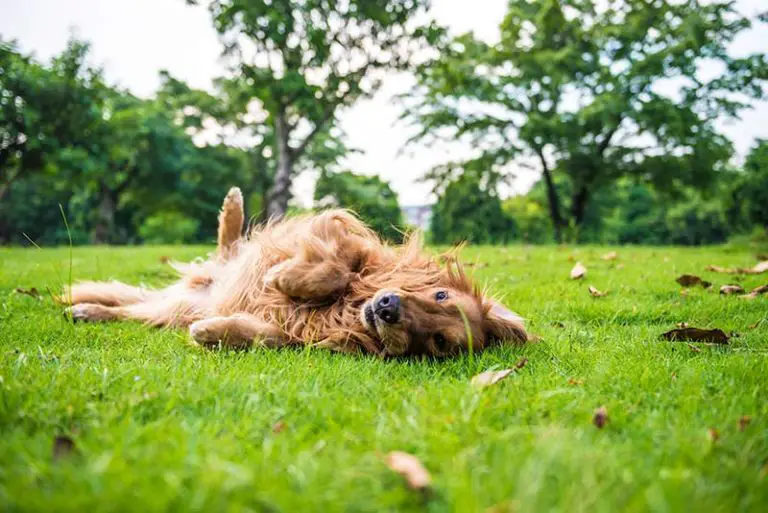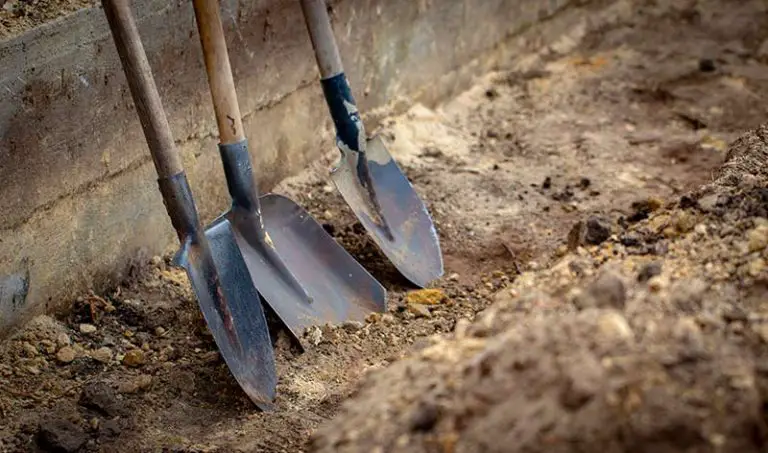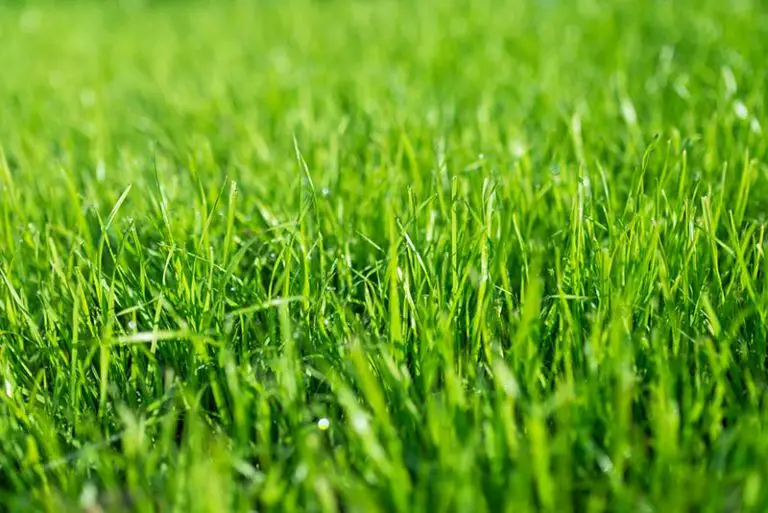Will Bleach Kill Grass?
Bleach is a useful and versatile cleaning agent in the house, but what about when you apply it to the garden? Does it kill grass, and what about other plants?
The answer is that bleach will certainly kill grass, especially in large quantities, and you won’t see it grow back quickly either.
You might want to use bleach to get rid of grass in unwanted places, but care must be taken not to affect surrounding plants.
Does Bleach Kill Grass?
Yes, bleach will kill most plants, including grass. However, you don’t need to panic if you have accidentally spilled a little bit in the garden; you should quickly dilute it with as much water as you can (while trying not to spread it to other plants).
In small, dilute quantities, bleach shouldn’t do too much damage to grass. It may cause it to yellow and curl because it will burn the plant’s tissues, but if you are lucky, it will not do enough damage to kill it.
In larger quantities, however, bleach will certainly kill grass, and for a long time. Bleach will change the pH of your soil, and it will also kill off beneficial microbes and useful bacteria.
You will have to adjust the soil pH (or wait for it to adjust itself) and put time into rebuilding the ecosystem before you can replant the grass. Soil ought to have a pH between 5 and 7, and should be teeming with life.
How Fast Does Bleach Kill Grass?
Will bleach kill grass quickly? This depends somewhat on your definition of “quick,” but it usually takes about four days for the grass to completely die. Often, it will be a combination of the bleach’s caustic makeup and its destruction to the soil and microorganisms.
Because bleach has such a serious effect on soil, the grass will often be unable to access any nutrients, and will die. This will apply to other plants in the area, too.
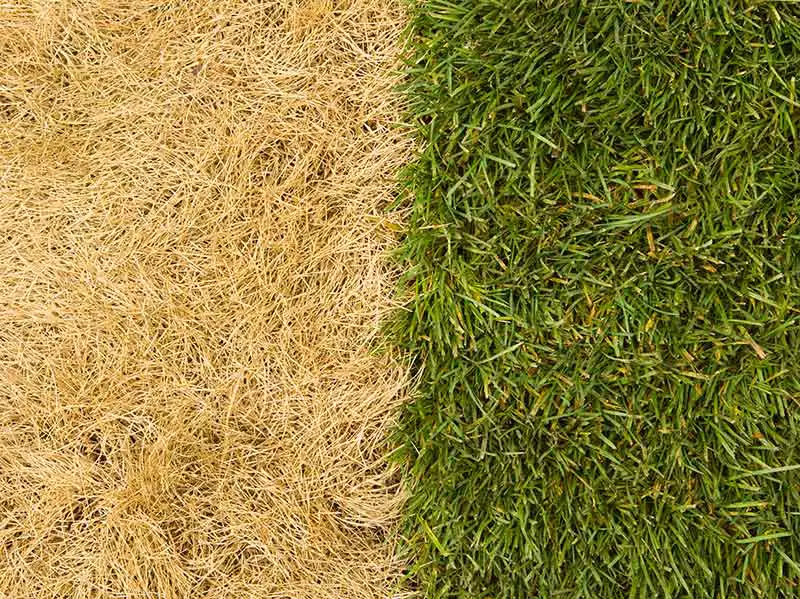
What Are The Drawbacks?
There are quite a few disadvantages to using bleach as a weedkiller; we’ll cover a few of them here.
- It indiscriminately kills off plants and microorganisms, making it difficult to reestablish growth if you want to. It is also not eco-friendly, doing a lot of damage to the soil and microscopic life there.
- The effects are lasting; you may have to wait months before you can replant in the area.
- It is difficult to handle if you are just trying to pour it from the bottle, and can be damaging to you while trying to apply it to the grass.
- It is potentially dangerous to children, pets, and larger wildlife that may accidentally ingest it, especially animals that get it on their paws.
- If you don’t get the quantities correct, the bleach won’t kill the plant, but will merely yellow its leaves and make it shriveled and unhealthy-looking.
- Bleach may leach into the soil, so even if you just apply it to one patch of grass, you may find that it influences and damages other areas too, which could be a problem if you have plants you like growing nearby.
- Adding concentrated bleach could cause pollution in nearby streams and rivers, and may pose a risk to wildlife.
What Are The Advantages?
Bleach does have some advantages as a weedkiller, despite its disadvantages. These include:
- It is readily available and does not cost very much; you may already have some.
- It has long-term effects, so if you are trying to permanently remove plants from an area (e.g. between patio stones), it may be a suitable option because it will so dramatically alter the soil, raising it to a pH of around 11.
- It can be easy to apply using a nozzle, although you do need to be careful to protect your hands, wear old clothes, and have a mask. It should only be applied in low wind to avoid it blowing around.
Conclusion
Although the answer to will bleach kill grass is a resounding “yes,” it is better to look at other options if you are trying to remove grass from a particular area of your garden. There are many safer, better-tested ways of killing off grass, or natural methods that could work instead.
White vinegar, for example, may take longer to kill grass, but it will do the trick – as will the addition of salt. These things will also damage your soil, but may not have such a detrimental effect on the environment, and are also cheap and easy to apply.
Alternatively, consider commercially available weed killers; some of these are suitable for removing grass.
If you have accidentally added bleach to your grass, trying to reduce the damage by diluting it as much as possible, and then re-balancing the pH, replacing microorganisms, and overseeding the lawn. If you are lucky, you may not need to do all of these things in order to save the area, but bleach can be quite damaging.

